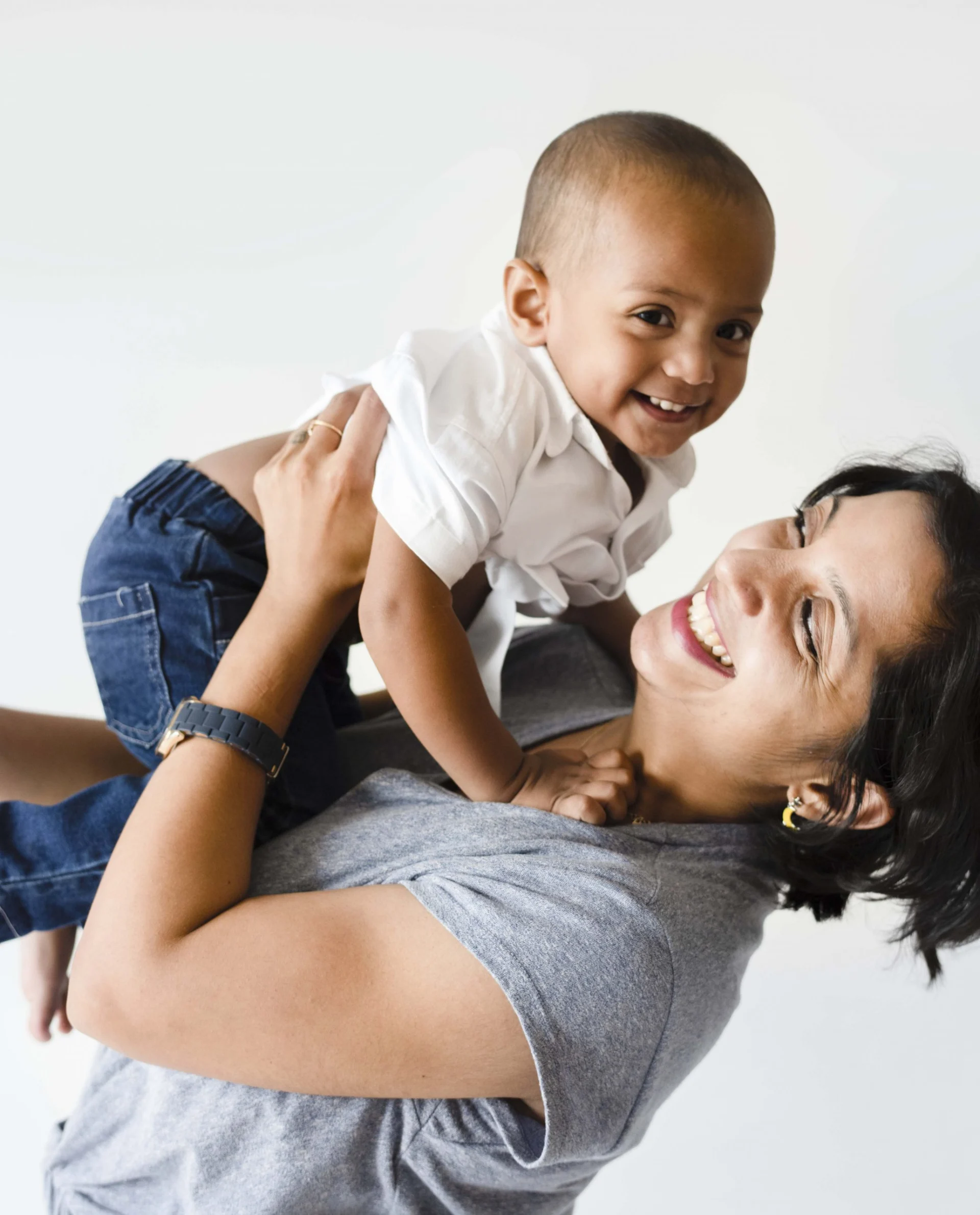Whether you are new to the beautiful religion of Islam, an Islamic scholar or somewhere in between. Sometimes a reminder of what we all as an ummah have in common is what we need. The fundamentals of Islam are the same whether you are Sunni or Shia, stubborn or relaxed, liberal or conservative. Going back to the basics is important once in a while and the five pillars of Islam although common knowledge to most can often get lost due to the stresses and external noise of our busy day to day life.
The Five Pillars of Islam are the five obligations that every Muslim must endeavour to meet in order to live life in an Islamic way.
Shahdah – This is the first and most important pillar of Islam. It is a declaration of faith and your testament that there is no god but Allah SWT and Prophet Muhammad (PBUH) is his messenger. The declaration is recited three times with full and pure intention. This is also the first step for reverts (people who did not previously follow Islam and now have chosen to become Muslim and revert back to Islam.)
 Salah – This word means daily prayer and as a Muslim you are required to complete 5 prayers daily. The five set prayers are Fajr, Zhuhr, Asr, Maghrib and Isha. The times for each prayer are different and range from sunrise to midnight. Although you can pray for someone, salah is an act of worship to Allah. It is for the benefit of yourself and an act to remind you that there is no one greater than your creator. The call to prayer (adhaan) in addition to at prayer time is recited at the time of birth and death. Some Muslims believe that it serves as a reminder of the shortness of the worldly journey and that it is as short as the time between the adhaan and the iqaamah.
Salah – This word means daily prayer and as a Muslim you are required to complete 5 prayers daily. The five set prayers are Fajr, Zhuhr, Asr, Maghrib and Isha. The times for each prayer are different and range from sunrise to midnight. Although you can pray for someone, salah is an act of worship to Allah. It is for the benefit of yourself and an act to remind you that there is no one greater than your creator. The call to prayer (adhaan) in addition to at prayer time is recited at the time of birth and death. Some Muslims believe that it serves as a reminder of the shortness of the worldly journey and that it is as short as the time between the adhaan and the iqaamah.
Zakat: This word simply means charity. In Islam it is believed that our wealth or lack of it is bestowed upon us to test our humanity and generosity. A Muslim must give 2.5% of their profitable wealth (gold, silver and cash) to charity each and every year as a minimum. In Islam there is a strong focus on not being consumed by our materialistic world and our intentions and deeds holding more significance and reward in the afterlife.

Sawm: This means fasting. Fasting is not limited to not being able to eat or drink but also includes abstaining from many things such as acts of evil, sexual activity, backbiting, harming /self harm, impure thoughts etc. Some people are exempt from fasting for various reasons. The aim of fasting is to cleanse the person holistically and for Muslims the main month when fasting takes place is the month of Ramadan. Ramadan is the ninth month of the Islamic calendar and is special because this is the month in which the initial verses of the Holy Qur’an was sent to Muhammad (PBUH) to guide mankind. The period of fasting ends with the festival of Eid-ul Fitr which is a time for Muslims to spend time with family and enjoy food together. There is much to write about Ramadan but we will cover this at a later date.
 Hajj: The pilgrimage of Hajj occurs annually and is a time where Muslims around the world circle the Holy Ka’aba in Mecca in congregation to worship Allah SWT. The pilgrimage is carried out by Muslims of every type around the world and it is every Muslims obligation if able, to carry out the pilgrimage once in their lifetime.
Hajj: The pilgrimage of Hajj occurs annually and is a time where Muslims around the world circle the Holy Ka’aba in Mecca in congregation to worship Allah SWT. The pilgrimage is carried out by Muslims of every type around the world and it is every Muslims obligation if able, to carry out the pilgrimage once in their lifetime.
Observing the five pillars of Islam is pertinent to practicing your faith as a Muslim. Faith is regarded as pointless if it does not translate to action and practice.
NB: Dear Muslim Mamas. When it comes to faith everyone is on their own path. Although someone may appear to fall short of being a model Muslim it is important to remember that we all have our unique struggles and we should aim to encourage an environment of kindness and understanding. After all our only judge is Allahn (SWT).


















